Peale’s Museum
by Charles Greifenstein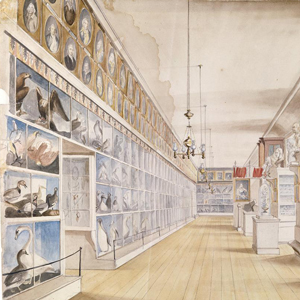
Peale’s Museum showcased the natural treasures of the new country such as mastodon fossils from Big Bone Lick and the first public display of artifacts from the Lewis and Clark Expedition.

Peale’s Museum showcased the natural treasures of the new country such as mastodon fossils from Big Bone Lick and the first public display of artifacts from the Lewis and Clark Expedition.
Expedition souvenirs and specimens
by Elizabeth Chew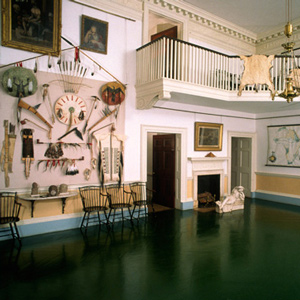
Bostonian George Ticknor catalogued the “strange furniture” of the four walls of the room after his visit in 1815, listing heads and horns, “curiosities which Lewis and Clark found on their wild and perilous expedition,” mastodon bones, and the two Native American painted hides.
Arikara guide and diplomat
by Clay S. Jenkinson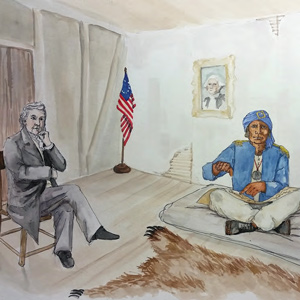
This Arikara leader rode upriver with the expedition in the weeks that followed to negotiate a peace settlement with the Mandan. In the spring of 1805 he went down river with the barge to St. Louis. After a series of delays, he went to Washington, DC, to meet with President Jefferson.
(1771–1870), Sergeant
by Barbara Fifer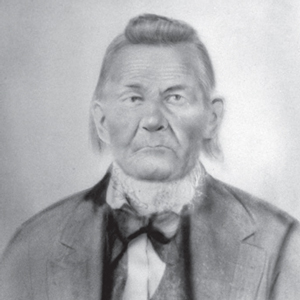
Starting out as a private with a specialty of carpentry, Gass was soon elected a sergeant after the death of Sergeant Charles Floyd. His was the first expedition journal to be published. He was also the last surviving member.
Pencil, pen, and camera obscura
by Joseph A. Mussulman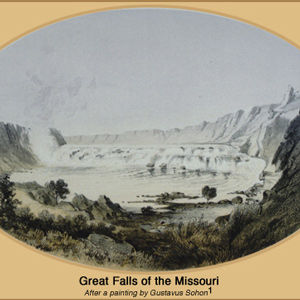
“I wished for the pencil of Salvator Rosa, or the pen of Thompson, that I might be enabled to give to the enlightened world some just idea of this truly magnifficent and sublimely grand object, which has from the commencement of time been concealed from the view of civilized man”
(ca. 1776–1808), Private
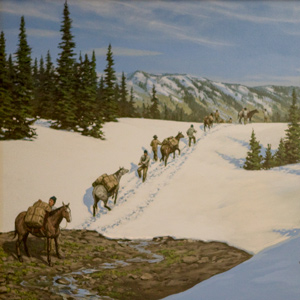
At Long Camp, Potts nearly drowned when the dugout canoe he was in was swamped in the Clearwater River. But Potts’s worst accident happened when the Corps retraced the Northern Nez Perce Trail through the Bitterroots.
Barge, keelboat, or just 'the boat'?
by Joseph A. Mussulman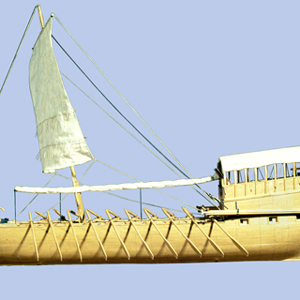
Meriwether Lewis listed a “Keeled Boat” in his pre-expedition shopping list, but after he finally got it, he and the other journalists of the Corps of Discovery simply called it “the boat” (190 times) or, less often, “the barge” (32 times).
An enlightened approach
by Arlen J. Large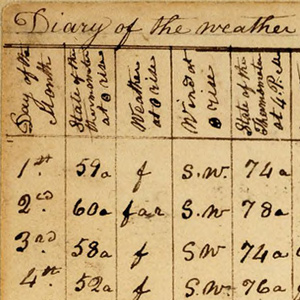
President Jefferson naturally was curious about weather conditions in the newly acquired expanse of Louisiana, and weather observations were on the long list of assignments for his exploring team. Jefferson instructed Lewis to record climate data observed on the trip.
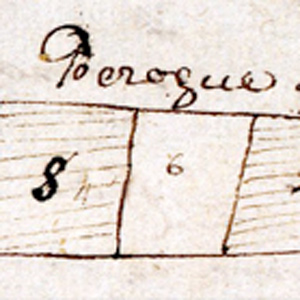
Between St. Louis and the Pacific Ocean, and on the return to St. Louis, personnel decisions needed to me be made.
Pryor takes Clark's note
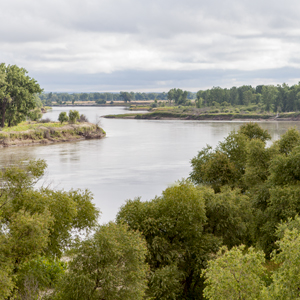
On or near this date, Pryor takes Clark’s note meant for Lewis delaying the captains’ reunion. Near present Williston, Clark moves very little as he waits for Lewis who passes the Poplar River on this day.
Joining forces
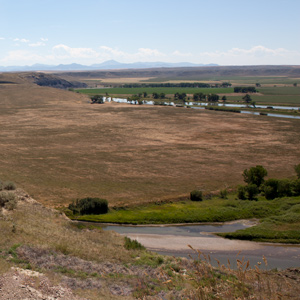
Lewis ends his overnight flight by joining the men who are taking the boats and horses to the mouth of the Marias. Clark paddles down a gentle Yellowstone, and Pryor is near Pompeys Pillar making bull boats.
Fight with the Blackfeet
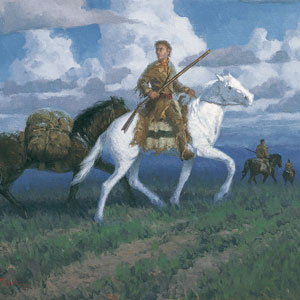
Lewis has a fatal fight with the Blackfeet, Ordway paddles down the Missouri, Gass takes horses to the Teton River, Clark paddles through the Yellowstone Badlands, and Pryor is stranded without horses.
The wrong river
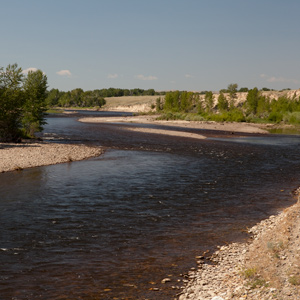
At the forks of the Jefferson River, Clark fails to see a note left by Lewis and heads up the wrong river. The enlisted men implore Clark to abandon the dugouts, and Lewis searches for Shoshones.
Lewis misses the ball

Clark attends a ball, likely in St. Louis, but Lewis remains at winter camp on the River Dubois to complete work. Elsewhere, Madison and Monroe debate the location of Louisiana’s northern boundary.
Freighting military arms
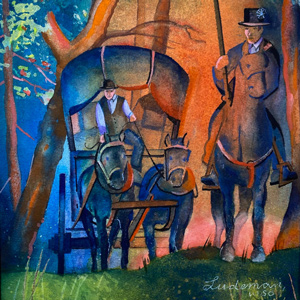
Lewis spends his last night on the road from Harpers Ferry to Pittsburgh. The slower moving freight wagon—heavily loaded with military supplies—is likely several miles behind.
No movement in New Orleans

Monticello, VA President Thomas Jefferson replies to a letter from Secretary of State James Madison saying that the Intendant of New Orleans refuses to open the port of New Orleans to American commercial traffic.